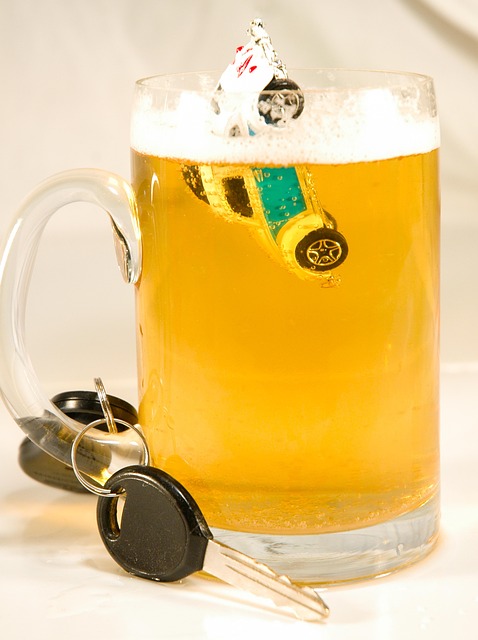In today's digital era, modern vehicle safety features are transforming road safety and online privacy. Advanced technologies like collision avoidance systems, adaptive cruise control, and lane-keeping assist prevent accidents and DUIs, keeping drivers alert and focused. Integrating these features with legal proceedings provides irrefutable evidence to deter offenders, ultimately improving road safety and enforcing DUI law compliance.
In the digital age, online privacy and vehicle safety are converging, presenting both opportunities and challenges. As modern cars incorporate advanced safety features like Adaptive Cruise Control (ACC) and Lane Departure Warning (LDW), law enforcement agencies rely on data to combat driving under the influence (DUI). This article explores how these technologies enhance driver protection while navigating the complex relationship between DUI laws, online privacy, and ethical considerations. By understanding the role of sensors, cameras, and AI, we can balance public safety with individual rights.
- Vehicle Safety Features: A Digital Age Advantage
- – Exploring modern car technologies for enhanced driver protection
Vehicle Safety Features: A Digital Age Advantage

In today’s digital age, advancements in vehicle safety features offer a significant advantage in maintaining online privacy while driving safely. Modern cars are equipped with sophisticated technologies that go beyond traditional airbags and seatbelts. These include collision avoidance systems, adaptive cruise control, and lane-keeping assist—all designed to prevent accidents and reduce the risk of DUIs (Drunk Driving Incidents). By leveraging data from sensors and cameras, these features ensure drivers stay alert and focused on the road, minimizing distractions that could lead to reckless behavior.
Moreover, vehicle safety features contribute to a more robust DUI law enforcement ecosystem. Data from these systems can be used to support legal cases by providing irrefutable evidence of driving patterns and behaviors, helping to prosecute individuals found guilty of impaired driving. This integration of technology into vehicle safety measures underscores the commitment to not only protect drivers but also deter potential offenders, thereby enhancing overall road safety and online privacy for all users.
– Exploring modern car technologies for enhanced driver protection

Modern car technologies are revolutionizing vehicle safety features, offering advanced protection for drivers on the road. From collision avoidance systems to in-car cameras, these innovations aim to prevent accidents and mitigate their impact. Technologies like adaptive cruise control, lane departure warning, and automatic emergency braking significantly reduce the risk of crashes, making driving safer for everyone. Additionally, advanced driver assistance systems (ADAS) provide real-time feedback and warnings, ensuring drivers stay focused and aware of potential dangers.
These safety features not only enhance vehicle dynamics but also serve as a powerful deterrent against DUI (Driving Under the Influence). With in-car sensors capable of detecting impairment, these technologies can alert authorities or emergency services if a driver’s behavior suggests intoxication, potentially saving lives by preventing impaired driving. As car technology advances, so does its role in promoting road safety and compliance with DUI law.
In today’s digital age, online privacy plays a pivotal role in driving safely. Advanced vehicle safety features, powered by innovative technologies, offer drivers unparalleled protection on the road. By integrating AI, sensors, and real-time data, these features can prevent accidents, mitigate risks, and even provide post-incident support. Moreover, understanding how these technologies work in tandem with DUI law enhances overall safety, ensuring that drivers remain accountable while benefiting from cutting-edge vehicle safety features.






